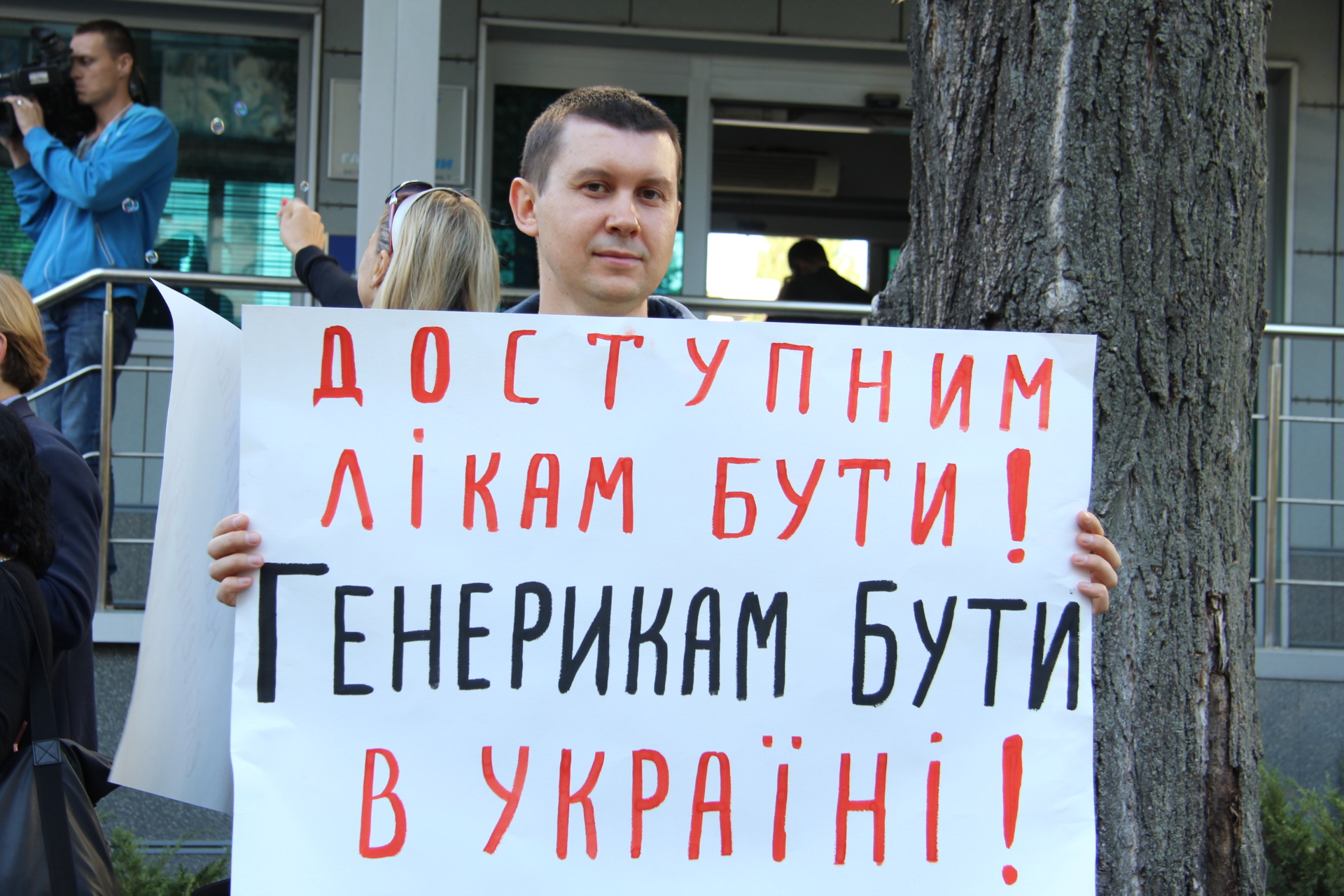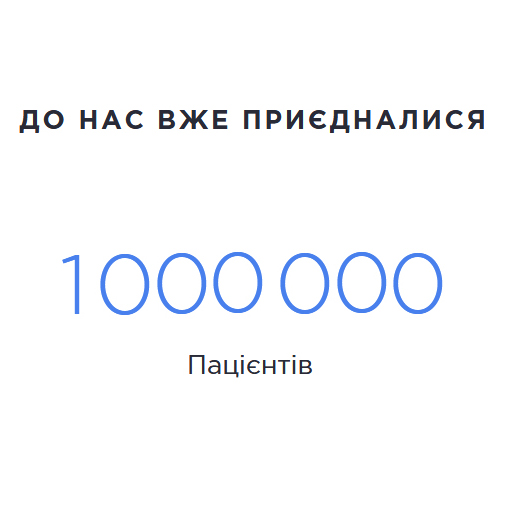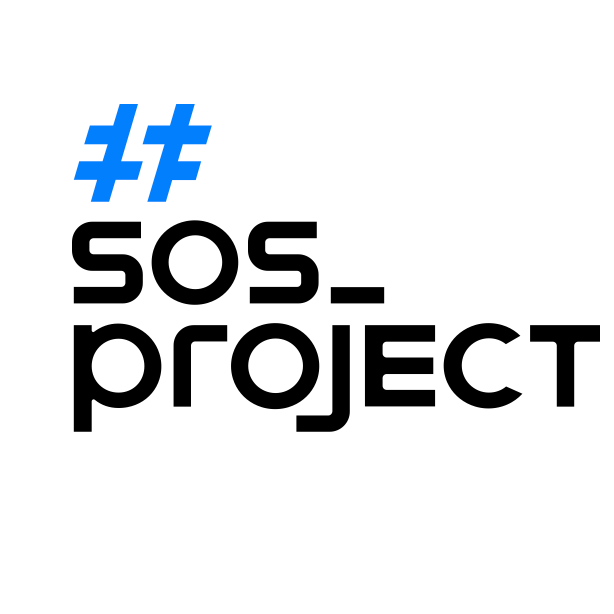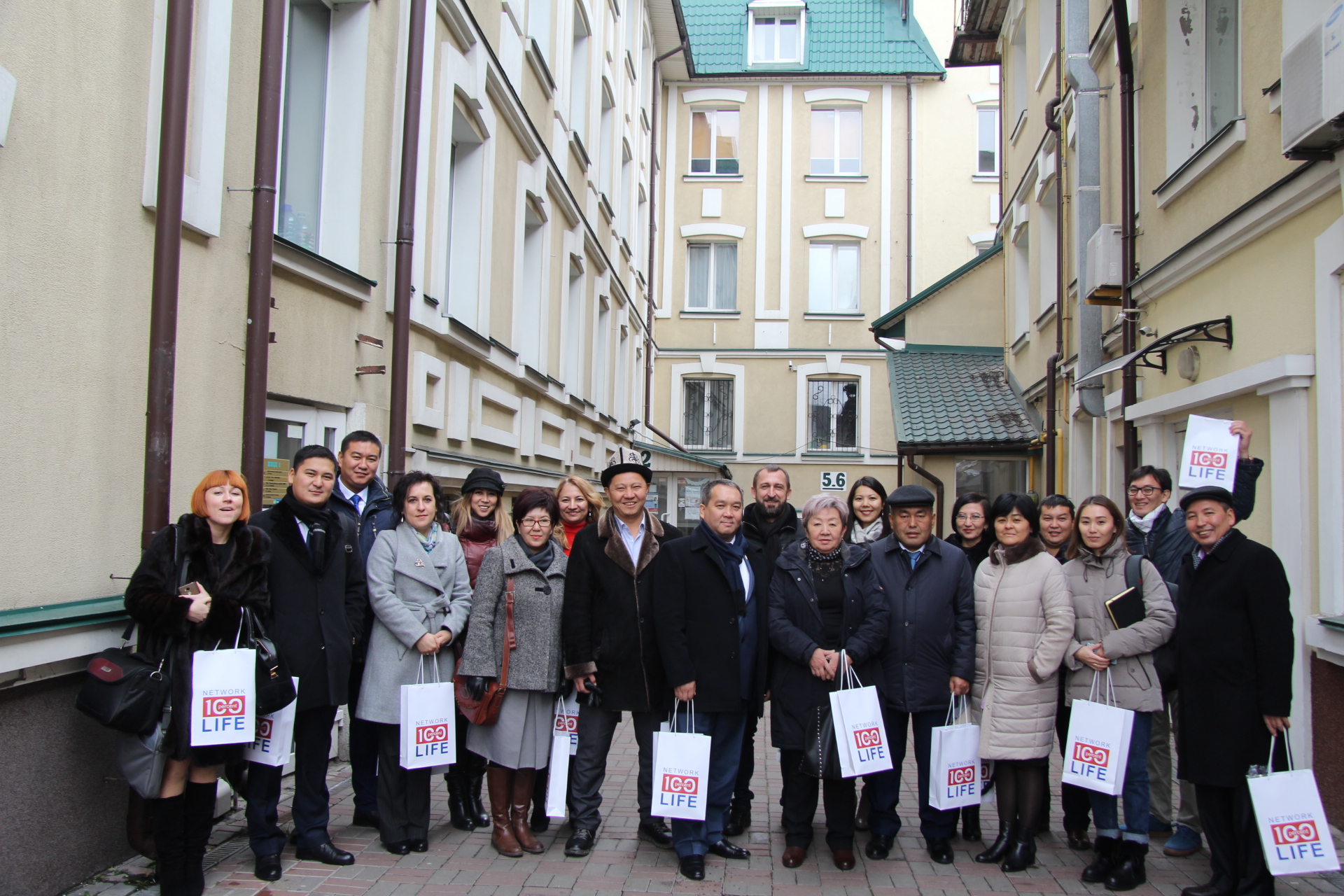The court has determined who will conduct an examination of patents for anti-HIV drugs
On October 11, 2017, the Kyiv Economic Court of Appeal has finally approved an examination of two patents of the AbbVie Company for lopinavir/ritonavir (trade name Aluvia/Kaletra). Within the next few months the Research Centre of Forensic Expertise on Intellectual Property of the Ministry of Justice of Ukraine will conduct an examination of patents for their compliance with the criteria of novelty and inventive level.

In other words, the experts will answer the question of whether these patents meet the requirements of the law. On the basis of their conclusion, the court may make a decision on the patents’ validity.
“We hope for an independent, transparent and unbiased expertise. It should be noted that in many countries patents for this drug have not been issued or have been cancelled. The lopinavir/ritonavir combination was invented in the 80’s, and this drug is no longer new,” says Serhiy Kondratiuk, the Network’s Expert on Intellectual Property and Access to Treatment.
Let’s note that the Network has been trying to appeal the validity of patents for a year and a half. The AbbVie holds a monopoly on the drug that patients receive at an innovative price in Ukraine. Meanwhile, generic versions of such drugs are already available in the world at a significantly lower price.
Today, the state and international donors spend 40% of the budget of all medicines for HIV + patients to purchase only Lopinavir/Ritonavir. And this is $ 19.5 million annually only for 26 000 HIV patients. In case of the patents cancellation and entry into Ukrainian market of other pharmacies which would manufacture or import generics, the price for this drug would be reduced to a third. These drugs would available for the state and donors at a cost of $ 6 million per year, and 125 000 more HIV-infected Ukrainians would be able to receive free treatment.
How it all happened:
On May 31, 2016, the All-Ukrainian Network of People Living with HIV/AIDS filed a lawsuit in the Kyiv Economic Court of Appeal to hold the patent for lopinavir/ritonavir (Aluvia) invalid. The claims of the Network of PLHA are based on the following: the disputed patents do not meet the requirements of the legislation on novelty and inventive level, and the legal monopoly of the company-patent holder (AbbVie Inc., USA) allows it to overprice the drug. As a result, the state and donors are currently spending $ 19 500 000 yearly to buy only the lopinavir/ritonavir, providing 26 000 HIV patients. In case of the patents cancellation, it will be possible to buy this drug at three times lower price spending $ 6 million per year. This will potentially allow free treatment for 125 000 more patients with HIV.
On March 6, 2017, the Kyiv Economic Court of Appeal dismissed the lawsuit even without scheduling examination of patents compliance with the requirements of the legislation. Reasons for dismissal are as follow: the disputed patents do not violate the rights or the interests protected by law of the plaintiff as a patient organization and, according to judges’ opinion; it is not proved that in the case of patents cancellation the price of the drug will be reduced. These reasons for dismissal are completely unjustified and controversial from a legal point of view.
On May 11, 2017, the first session of the Kyiv Economic Court of Appeal caused a great public interest due to its importance for the public health of Ukraine. Representatives of the pharmaceutical company did not appear in court, but they submitted a written request for postponement of legal proceedings until 6 months. Suddenly, the court panel decided to satisfy the defendant’s request and postpone the trial until six months, i.e., until November 16.
The Network of PLWH has appealed the Kyiv Economic Court of Appeal against such an unreasonably long postponement of the case proceedings. The court took patients’ side and revoked the decision of the Court of Appeal to postpone the consideration of the case until six months. The new hearing was scheduled for September19, but the judges again did not proceed in the matter and rescheduled the meeting on October 4, 2017. That day the court decided to approve an expert examination.
On October 11, the court passed a resolution on the examination to be conducted by the Research Centre of Forensic Expertise on Intellectual Property of the Ministry of Justice of Ukraine.



